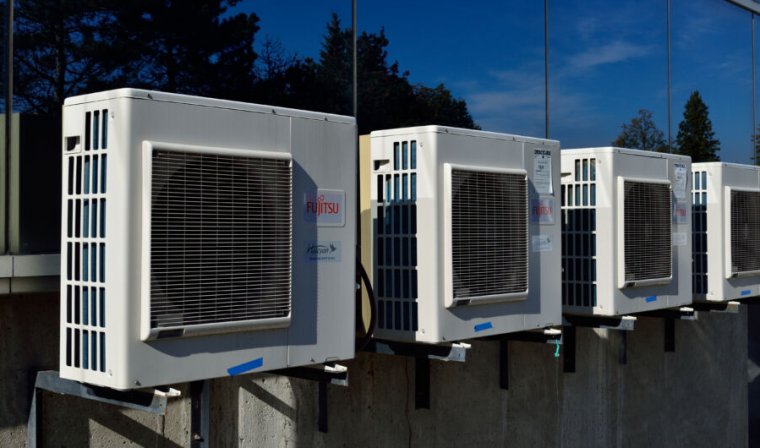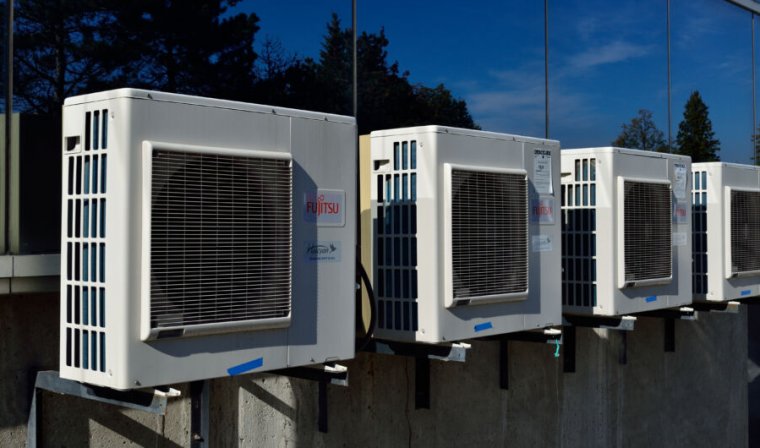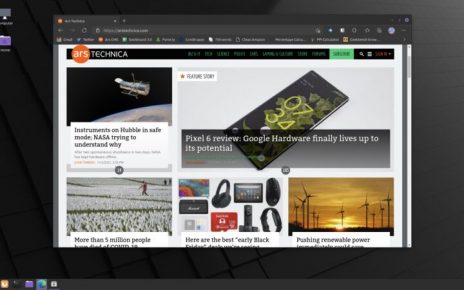
The US Environmental Protection Agency announced a rule Monday that would phase out hydrofluorocarbons (HFCs), the potent greenhouse gases that are widely used as refrigerants.
Though HFCs aren’t intentionally emitted in the regular use of refrigerators and air conditioners, they often leak out at various phases in an appliance’s life cycle, from manufacturing through disposal. One of the most widely used HFCs, R-134a, causes 1,430 times more warming than an equivalent amount of carbon dioxide over 100 years. Another that is commonly used in supermarkets, R-404A, has a global warming potential of 3,900. Eliminating the use of HFCs worldwide would reduce emissions enough to avoid up to 0.5˚C (0.9˚F) of warming by 2100.
HFCs were first introduced in the mid-1990s as replacements for chlorofluorocarbons (CFCs), which were the previous standard for refrigerants. CFCs deplete the ozone layer that protects the Earth from harmful ultraviolet radiation, and decades of use led to a massive hole, discovered in 1974, in the atmosphere above Antarctica. As concern over the ozone hole grew, countries from around the world signed onto the Montreal Protocol, which called for the phaseout of CFCs and other ozone-depleting substances. Finalized in 1987 and ratified by the US Senate the following year, the treaty is widely seen as a success—as CFC use has dwindled, the ozone layer has begun to repair itself, and by 2040, experts believe the hole will begin to steadily close.





